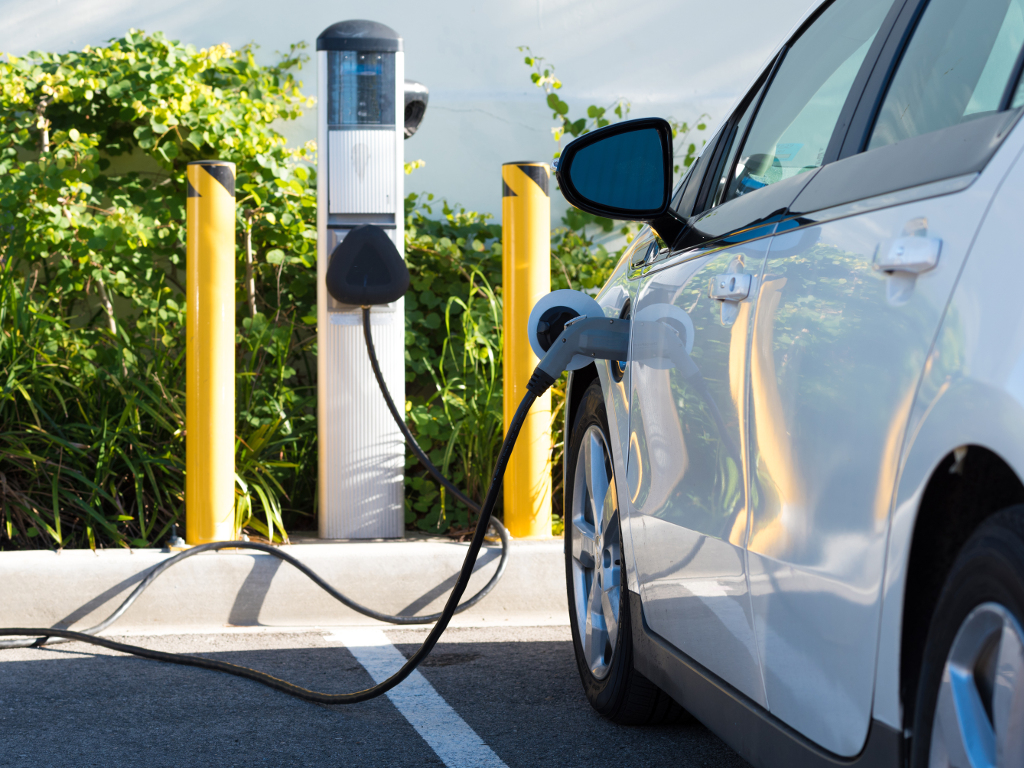Croatia enables border-to-coast rides by electric car
(Photo: Mike Flippo/shutterstock.com)

HEP’s 16 new EV chargers include a fast EV charger in Brinje with a 50 kW output, installed as part of the NEXT-E project. Like other HEP chargers along highways, the one in Brinje supports charging all available and incoming types of electric vehicles on the market, Balkan Green Energy News reports.
HEP’s EV chargers along highways are conducive to the further development of Croatia’s tourism sector, enabling a growing number of electric car owners from European countries to travel comfortably and smoothly to all tourism destinations in Croatia, according to the press release.
As part of international projects, HEP will install a total of 57 EV chargers along Croatian highways and other roads. Once the ongoing projects are completed, HEP will have a network of over 100 EV chargers, including those already deployed in Croatian cities, said HEP Management Board President Frane Barbarić.
Of HEP’s first 16 EV chargers along highways, 12 have been installed in cooperation with oil company and fuel retailer INA, at the rest areas of Ljubeščica, Vukova Gorica, Brinje, and Lepenica Sjever, as well as at the A6 highway exits for Vrbovsko, Čavle, Delnice, and Fužine. More than 30 electric car chargers in total are to be installed along highways running to the Adriatic coast, as well as to the continental village of Lipovac, at INA’s filling station rest areas.
The EV chargers along highways are part of the e-mobility project HEP has launched in line with the EU directive on the deployment of alternative fuels infrastructure. The directive envisages the availability of EV chargers per 50 kilometers of highways, at all agglomerations with more than 20,000 residents, at all sea and river ports and airports, and at all railway stations by the end of 2020.
HEP’s e-mobility project is also important for meeting Croatia’s transport sector decarbonization goals as part of the implementation of the national energy and climate plan to reduce greenhouse gas emissions, according to the press release.
Investments in the deployment of HEP’s chargers along highways are co-financed by the EU funds as part of the EAST-E and NEXT-E projects. Under the projects, HEP cooperates with partners from the Czech Republic, Slovakia, Slovenia, Hungary, and Romania to develop a new network of 309 EV chargers that will enable uninterrupted electric car driving through six central European countries.
Comments
Your comment
Most Important News
Full information is available only to commercial users-subscribers and it is necessary to log in.
Follow the news, tenders, grants, legal regulations and reports on our portal.
Registracija na eKapiji vam omogućava pristup potpunim informacijama i dnevnom biltenu
Naš dnevni ekonomski bilten će stizati na vašu mejl adresu krajem svakog radnog dana. Bilteni su personalizovani prema interesovanjima svakog korisnika zasebno,
uz konsultacije sa našim ekspertima.


 Izdanje Srbija
Izdanje Srbija Serbische Ausgabe
Serbische Ausgabe Izdanje BiH
Izdanje BiH Izdanje Crna Gora
Izdanje Crna Gora


 News
News









